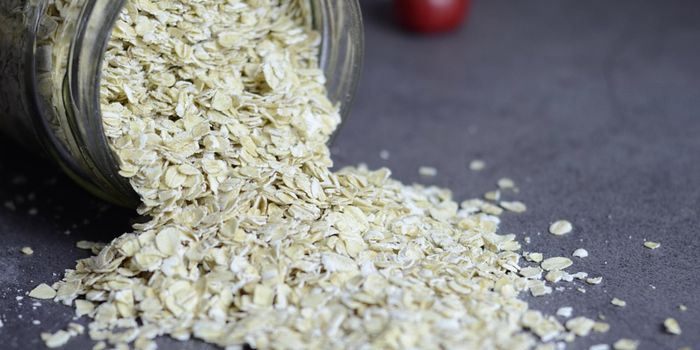Heart Attack and Stroke Related to COVID19- The Importance of Prevention
The historic scientific breakthrough of vaccination has prevented lifelong disability from Polio, scarring from Measles, and millions of deaths each year. As these achievements grow in number, however, so have social challenges related to vaccine administration as a lack of trust surrounding the safety of vaccines persists among the public. During the current COVID-19 pandemic, this skepticism has been especially palpable. To add to this issue, extrapulmonary manifestations of COVID-19 such as cardiovascular disease continue to emerge. Many of these conditions can cause significant disability and death. As such, they have attracted considerable attention from the global scientific community and have produced a heightened sense of urgency regarding disease prevention efforts.
For cardiovascular complications such as heart attack and stroke, population-level data has been lacking. However, the Lancet recently published a robust level of evidence examining heart attack and stroke related to COVID-19 infection. Using a self-controlled case series (SCCS) and matched cohort study, the researchers evaluated the risk of these conditions. They found that the true risk increases between three and eight times for acute myocardial infarction and between three and seven times for ischemic stroke following COVID-19.
Since inflammation related to infection and other conditions is a known risk factor for heart attack and stroke, some increase in the incidence of these conditions may be expected in the short term with COVID-19. However, this risk appears to be greater with COVID-19 infection relative to other infections and is thought to be, in part, related to the unique ways in which COVID-19 impacts our physiology. It is now suggested that COVID-19 is an independent risk factor for heart attack and stroke even when other variables are accounted for.
Scientific investigation regarding the risk of extrapulmonary complications due to COVID-19 is ongoing, and the spread of the disease can at times outpace evidence-based guidelines. However, the accomplished history of disease prevention efforts such as vaccination programs has informed us much and these past lessons can be drawn upon to proactively reduce overall harm caused by this deadly virus.
Sources: World Health Organization, NPR, The Lancet, American College of Cardiology









